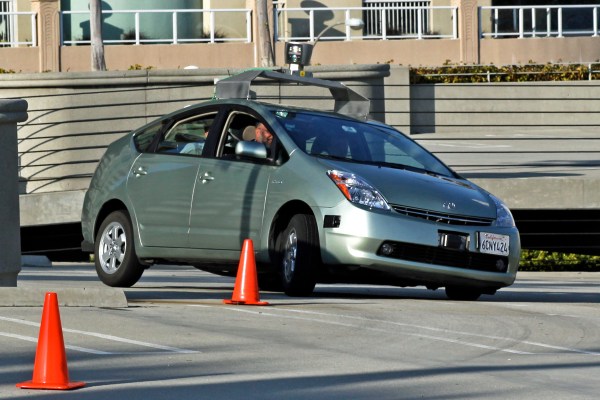At a forum on Capital Hill designed to gather input from industry stakeholders on NHTSA guidelines, Toyota Motor North America director of technology and innovation policy Hilary Cain pointed out that proposed changes to California’s self-driving test guidelines would make a voluntary process requested by the new NHTSA autonomous driving guidelines essentially mandatory. This could block current ongoing tests and prevent new ones from starting, Cain noted.
“If we don’t do what’s being asked of us voluntarily by NHTSA, we cannot test an automated system in the state of California. That is preposterous and that means testing that is happening today could be halted and that means testing that is about to be started could be delayed,” Cain said at the forum, according to Reuters.
California regulators have proposed modifications to their existing guidelines that would relax certain aspects of requirements for companies and institutions testing self-driving cars on state roads. The new rules would allow human drivers and steering wheels to be entirely absent from test vehicles, provided the cars have two-way communication and NHTSA approval to operate, which requires adherence to the 15-point checklist proposed by the federal highway safety agency in guidelines revealed last month. Previously, the guidelines required that self-driving test vehicles be tested by a third-party rather than meet the 15-point checklist.
During her comments, Cain also told the forum that because the NHTSA guidelines imply accountability and enforcement, to which automakers will be subject, they might be too vague as they currently stand. In an opinion piece penned by Barack Obama alongside the introduction of the guidelines, the president seemed to indicate that the guidelines contained flexibility by design, to ensure they wouldn’t unduly stifle the potential for innovation in the self-driving industry.
Toyota, when contacted for comment regarding Cain’s comments and the car maker’s official position on NHTSA’s proposed rules, provided the following statement to TechCrunch:
We are pleased that NHTSA is exercising leadership by issuing federal guidance on automated vehicles and trying to address the emerging patchwork of state laws regulating automated vehicle performance. We also welcome NHTSA’s plans to use existing authorities to allow automakers to bring this technology safely to market. There are other concepts in the guidance that will take further analysis and careful consideration, but we look forward to working with NHTSA to finalize a federal framework that is best for consumers and their safety.
